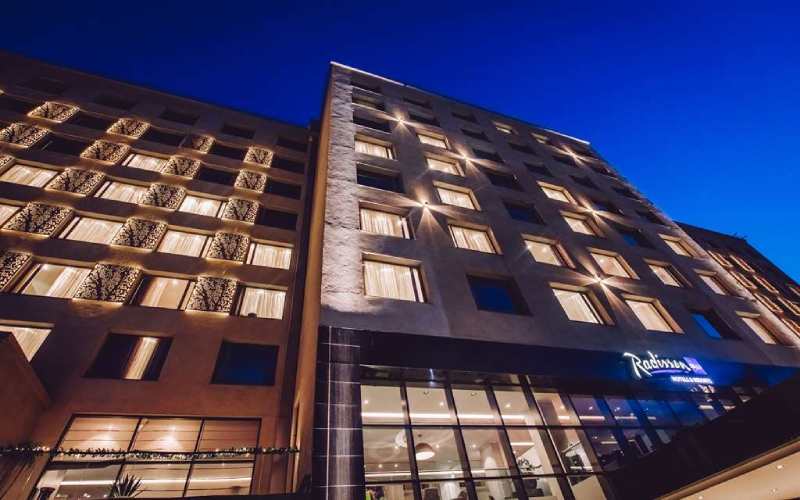×
The Standard e-Paper
Fearless, Trusted News

The coronavirus pandemic has wreaked havoc across the globe and shattered economies, pushing many businesses to close.
In Nairobi, the virus has silenced the hospitality streets. High-end hotels that were a beehive are now a skeleton of their former selves.